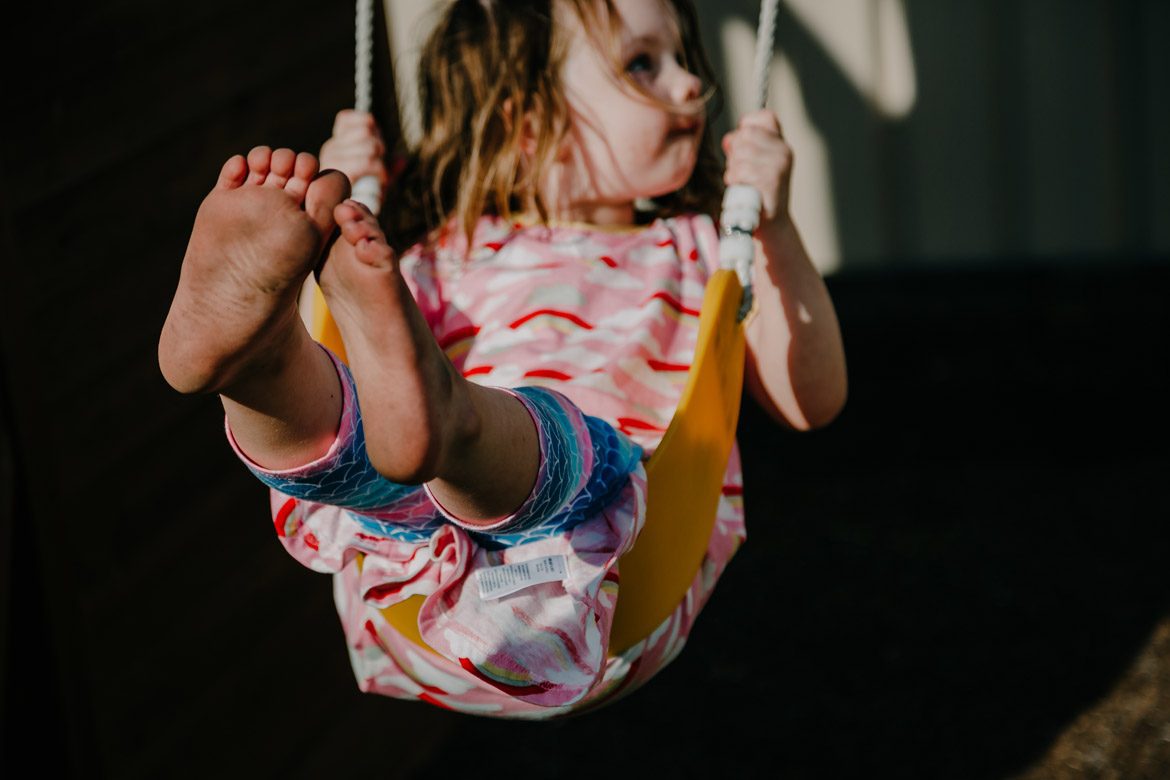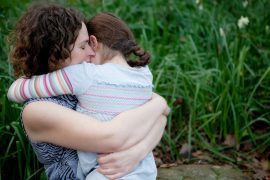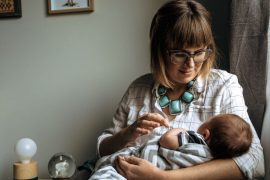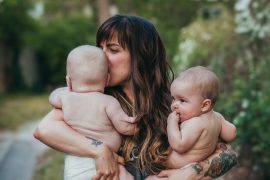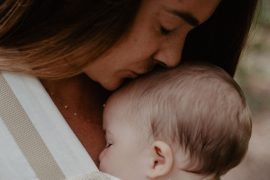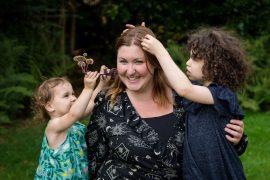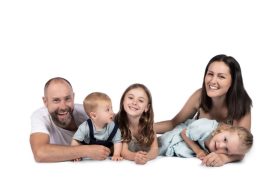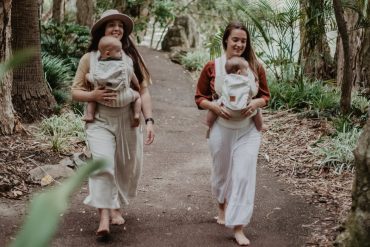By Megan Stonelake
We all worry about our kids. We stress out about how they’re developing, if we harmed their psyches when we yelled last week, and if they’re growing toward becoming productive, responsible adults.
I hear the concerns so often in my counseling practice:
“I don’t want him to grow up to be entitled.”
“What if she grows up to be selfish?”
“I’m worried he won’t understand how the real world works.”
So many of us are weighed down by fears based entirely in the future, some years or even decades from the present. I’m not immune from these types of fears. I worry about what life will be like for my sensitive son. I worry about how he will fare with peers and with authority. I worry that something or someone will crush his huge heart and sweet spirit.
It’s so hard not to be fearful. We love our children so much, and we know that the world can sometimes feel like a cold, unforgiving place. And yet, can our fears obscure our vision? Can parenting from a place of fear actually become a self-fulfilling prophecy?
In The Awakened Family, Dr. Shefali points out that, “Our relationship with our children is as rooted in fear as it is in love…when the ratio of fear to love is skewed, such that fear wins, our approach to our children creates an effect that’s the opposite of what we hoped for.”
When our choices are driven by our fears, it distorts how we relate to our families. It limits how present we can be with the children actually standing in front of us.
What if instead of parenting from a place of fear, we chose to parent from a place of trust? Trust that our children will be OK. Trust that as long as we are truly doing our best, our parenting is good enough. Trust that even if our children aren’t the smartest, most successful, or most athletic of their peers, they can still find a life of meaning.
What if we truly believed in their inherent goodness? How would this change the choices we make?
Letting go of these fears means digging deep to the source of our anxiety. Our fears about our children are rarely about our children and almost always about us. It can be painful to admit the ways in which we’re projecting our own insecurities onto our children, but it’s also essential if we want them to grow up unfettered by our issues. Author Rob Bell explains it this way, “Work out whatever you need to work out so that your kid doesn’t have to work out everything you didn’t work out in addition to all the things your kid is going to have to work out.”
See next page for more…

